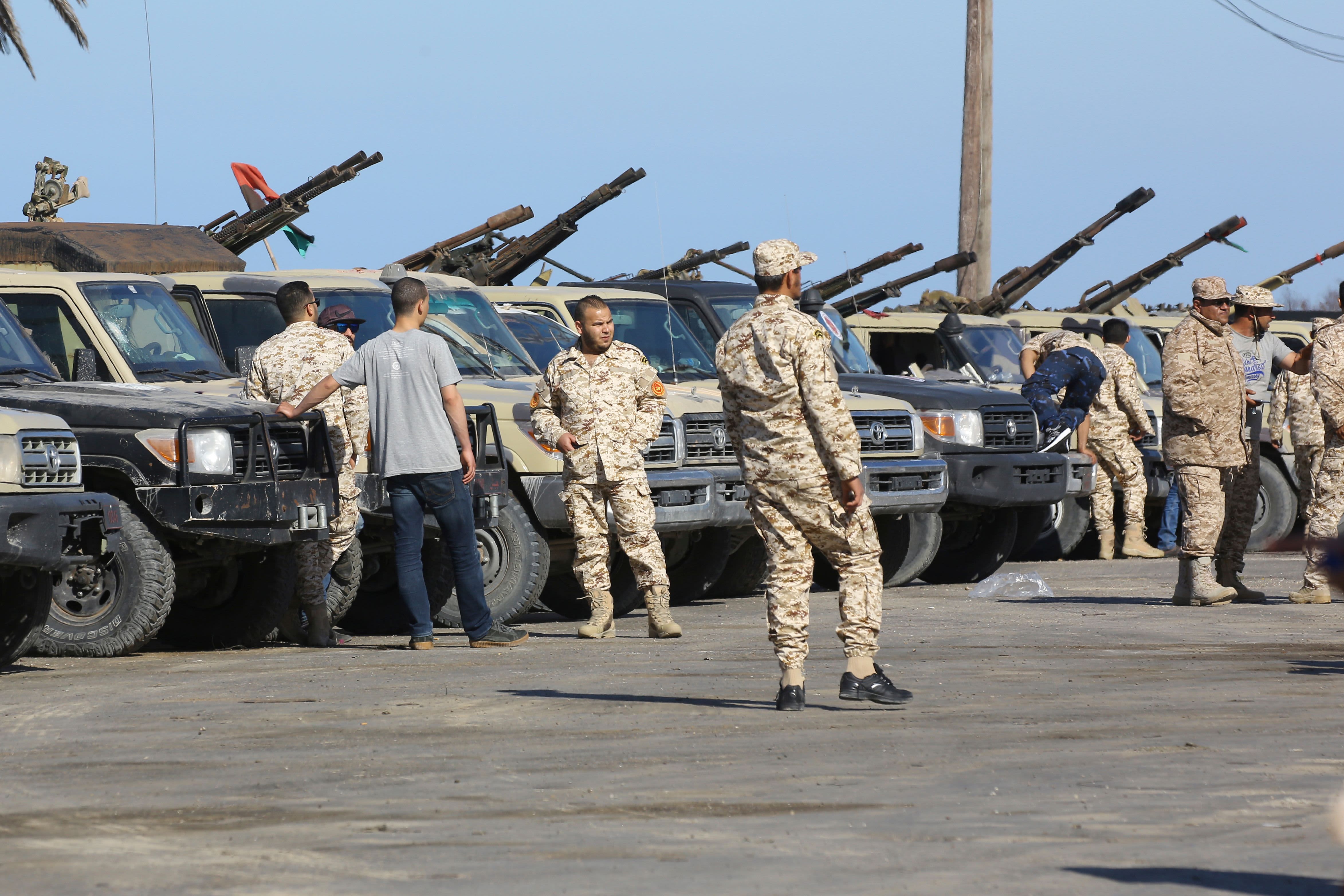
In January 2020, 16 countries and international organisations agreed a weapons embargo on Libya, following a successful conference hosted by Germany. Since then, however, the German government has approved the export of $358 million worth of arms to warring parties in Libya.
Libya has been embroiled in conflict since its long-time dictator, Muammar Gaddafi, was toppled by a Western-backed movement. Instead of peace, unrestricted warfare has ensued with multiple parties attempting to claim authority over the oil-rich nation.
The two main belligerents are the Government of National Accord (GNA) and Field Marshal Haftar’s Libyan National Army (LNA). Whilst the UN and Turkey back the GNA, Russia, Egypt and the United Arab Emirates support Haftar’s forces.

Egypt’s backing of Haftar dates backs to 2014, and the UAE followed soon after to supply arms and equipment, 100 shipments this year alone, to further his cause. Both nations are concerned that a Libya without a dictator would soon be under the control of political Islamists, and could then be inspired to launch a regional uprising which might threaten their influence in the region. Everyone is acting in their own self-interest, with little regard for the havoc wreaked by this conflict over the people of Libya, allowing armaments flowing into the country, until the embargo summit apparently put a stop to it.
Following the arms embargo summit, however, Germany has supplied arms to both sides of the conflict, with €308.2 million in arms promised to Egypt, and €7.7 million worth to the UAE, and €15.1 million destined for Turkey on the other side of the conflict. It appears as though the embargo means little, and Germany is taking full advantage of both sides for financial gain.
